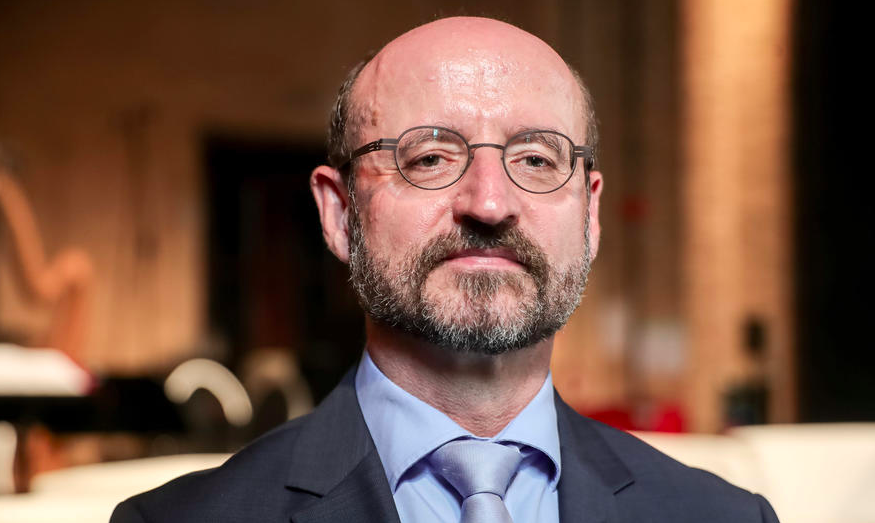Mathias Rohe at the Conference “Strengthening the rule of law – promoting integration”
On May 9 2019, within the context of the Ruhr-Conference, the Ministry of Justice of North Rhine-Westphalia held the panel „Strengthening the rule of law – supporting integration”. Invited experts discussed how to inspire those to follow the rule of law who have so far evaded it. Also attending was EZIRE director Mathias Rohe.
Several news outlets, including the Aachener Zeitung, Focus Online,NRZ, RP Online, RTL as well as the Westdeutsche Zeitung and Westfälische Rundschau published interviews and articles with Rohe about clan criminality in NRW.
Mathias Rohe emphasized the rule of law was not ‘sure-fire success’: We need to explain the institutions and mechanisms of our legal system continuously, especially to people from other countries of origin.” There were no Sharia courts in Germany, however parallel justice to a considerable extent, which started wherever people were deprived of their rights – in all social backgrounds. Problems were arising in particular where the state was perceived as an adversary and families dealt with their conflicts internally. “Compared with the French suburbs and ghettoization in Belgium, we in Germany are in a rather good position”, Rohe judged. However, the trend was negative. There was an increasing tendency to parallel justice in a number of different groups, such as the Reich Citizen Movement, hooligans, rocker gangs, and clans.
For some groups of migrants there was a special connection between cultural imprint and a tendency to parallel justice, particularly if they had experienced oppression. If people had learned that the state would not protect them, maybe even persecuted them, then they did not put their trust in its institutions.
Moreover, it was important to know more about the historical background of integration: with Arabic and Lebanese extended families for example, there was a massive lack of efforts from the state regarding integration. Due to the lack of participation in and access to society, those families had realized that family solidarity helped and settled many conflict amongst each other by applying archaic cultural norms.
It was of the highest importance to identify individuals in these environments who can build bridges and further the understanding for rules and laws in this country. The state and the society had to improve communication, everyone should come to the understanding: state and NGOs were no enemies, but supporters.
Preventive work had to start in schools to familiarise children and adolescents with the advantages of the rule of law. “We have to communicate why we in Germany have and want a strong state: to protect the weak, that can’t protect themselves”, Rohe says. Women and children for instance would have to be made aware of the rights they have and that they can enforce those even against their own family. This approach, working with women and families, was generally of great importance, as it was often mothers who raised their sons in patriarchal patterns.
